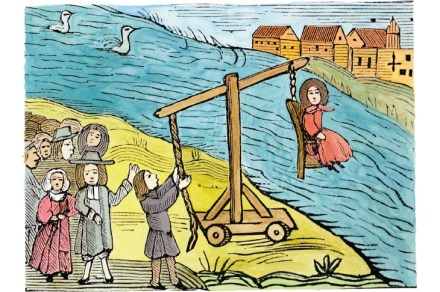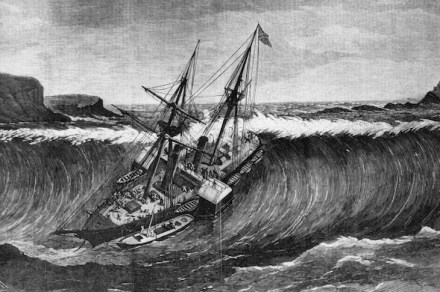The roots of witchcraft
Until the mid-1960s many historians believed witchcraft was a pre-Christian pagan fertility ritual, witches worshipping the Horned God, whose consort was the Triple Goddess. The most notable advocate of this theory was the Egyptologist Margaret Murray. Then came revisionists led by Norman Cohn. Examination of witch trials suggested there had been no witchcraft: it was a ‘social construct’ of the Christian patriarchy persecuting innocent women, as it had innocent Jews indicted for the same satanic practices. Professor Hutton is a follower of Cohn. His study, by ideological necessity, makes no reference to the historical and modern evidence that European witches used hallucinogenic drugs which produced psychedelic sensations of flying, time-space





















